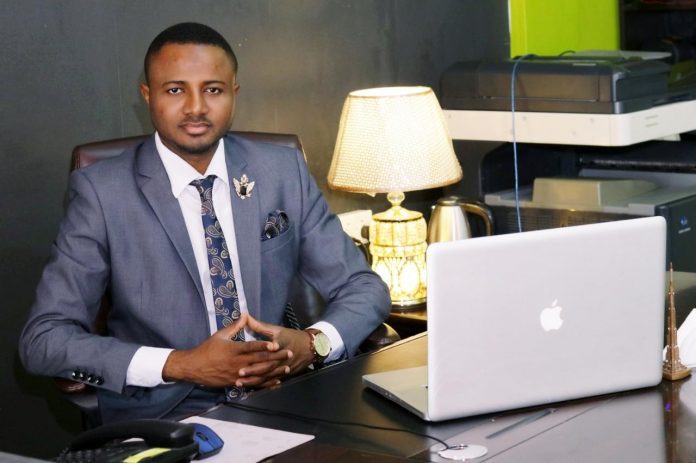A Security Analyst Adib Sani has said that as part of efforts to ensure the security of the country, there is a need to provide a clearly defined witness protection regime.
He explained that if a person provides leads to the security officers, they expect their privacy to be protected. If that cannot be assured then people will stay away from divulging information to the officers.
Speaking on News Central on TV3 Friday, March 29, in relation to the See Something Say Something campaign, he said ” we have not been exhaustive enough. if you see someone people taking pictures of the seat of the government, or military installations and they see nothing wrong with it then it is an issue, we need education on it, education is extremely key.
“Of course witness protection. If people report and you don’t act on it they will not have any confidence and they will expect their their privacy will be well protected. We need to have a clearly defined witness protection regime.”
The Ministry for National Security launched the “See something, say something” as a citizens’ awareness campaign aimed at protecting the country against terrorist attacks.
The “See something, say something”, encourages the public to be vigilant of the activities of suspicious characters and report such activities and characters to the security agencies.
The launch formed part of the ministry’s border counter-terrorism strategy aimed at sensitising the public to terrorism threats and encouraging the citizenry to collaborate with state security agencies to reduce the threat of terrorism in the country.
What to do
As part of the campaign, a toll-free number — 999 — has been provided for citizens to swiftly report suspicious activities to state security authorities or use the emergency contacts and social media platforms of the Ghana Police Service to draw the attention of state agencies to unusual activities within their communities.
Where mobile connectivity is a challenge, locals are to report suspicious activities to their local police, traditional leaders, opinion leaders, heads of faith-based organisations and leaders of political parties who could expedite action to arrest any threat of terrorism attack situation.
Some celebrities and media personalities, including Kofi Kinata, Kwame Sefa Kayi, Dzifa Bampoe, Gifty Adorye, Nana Aba Anamoah and Rev. Dr Lawrence Tetteh, have been appointed ambassadors for the campaign.


